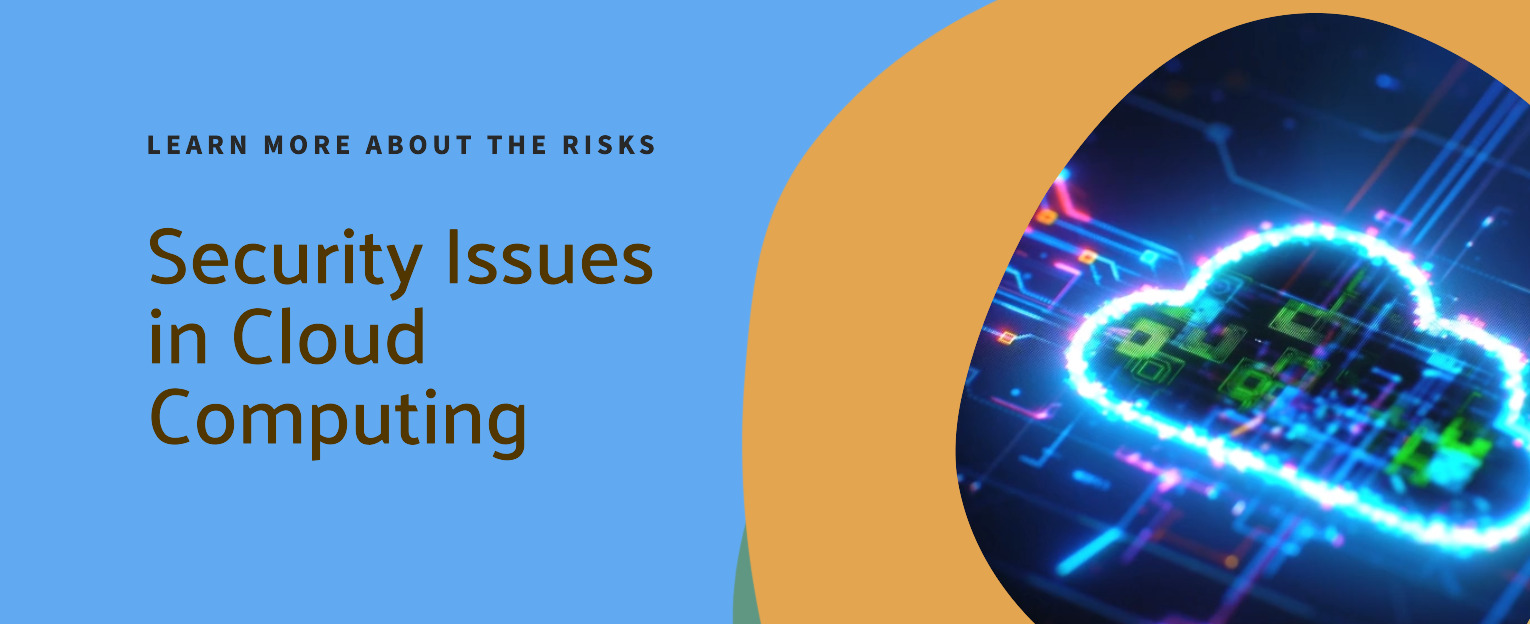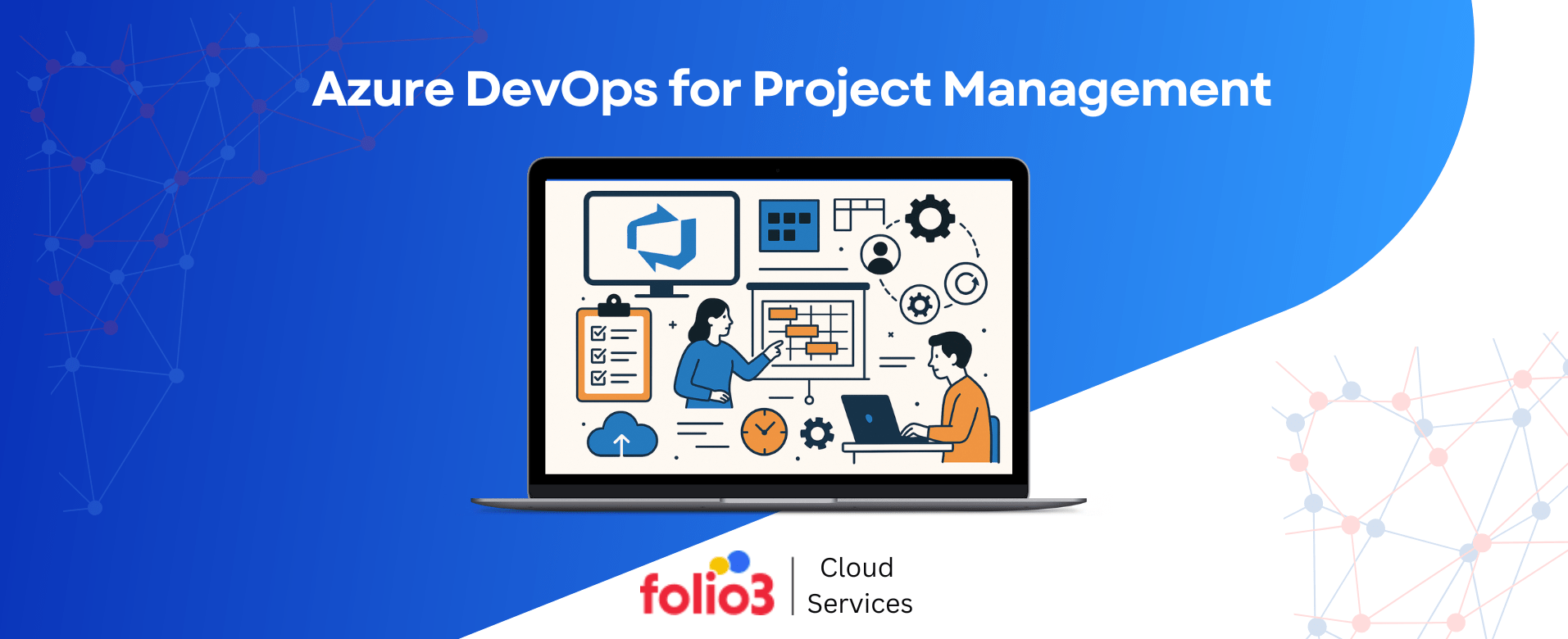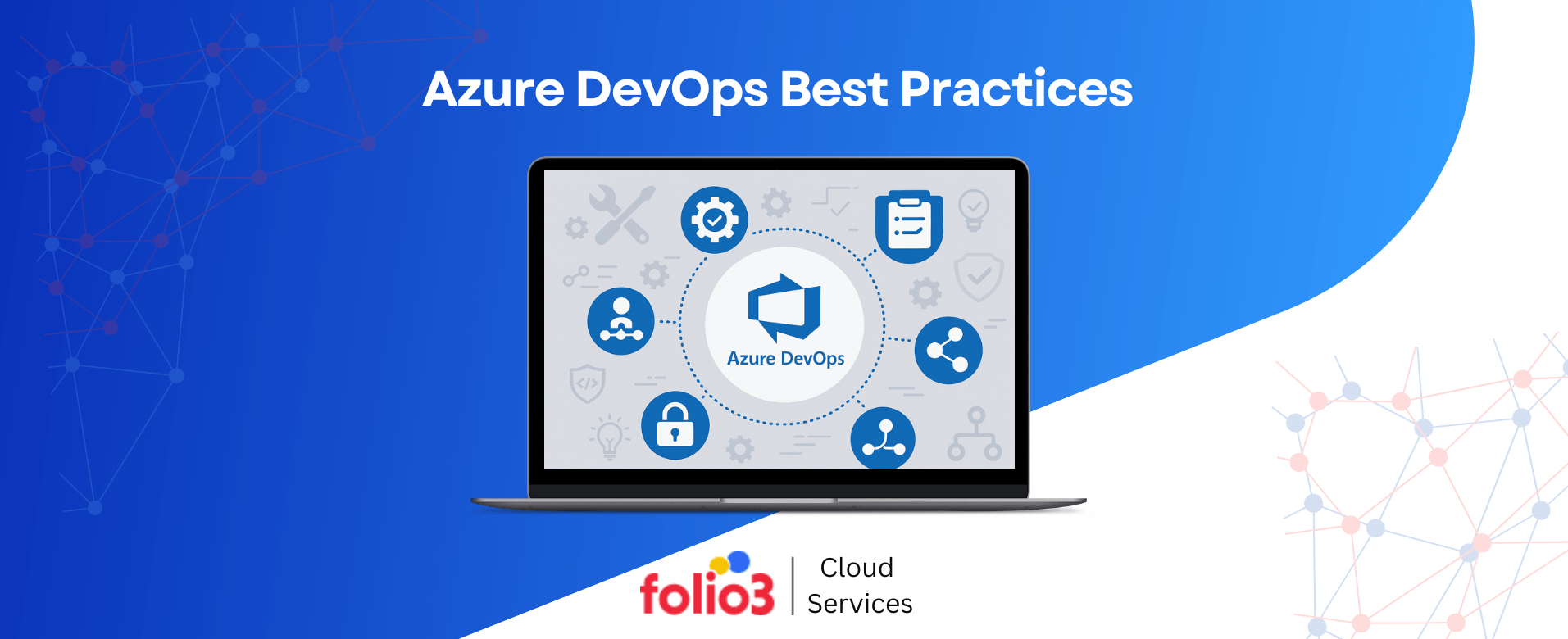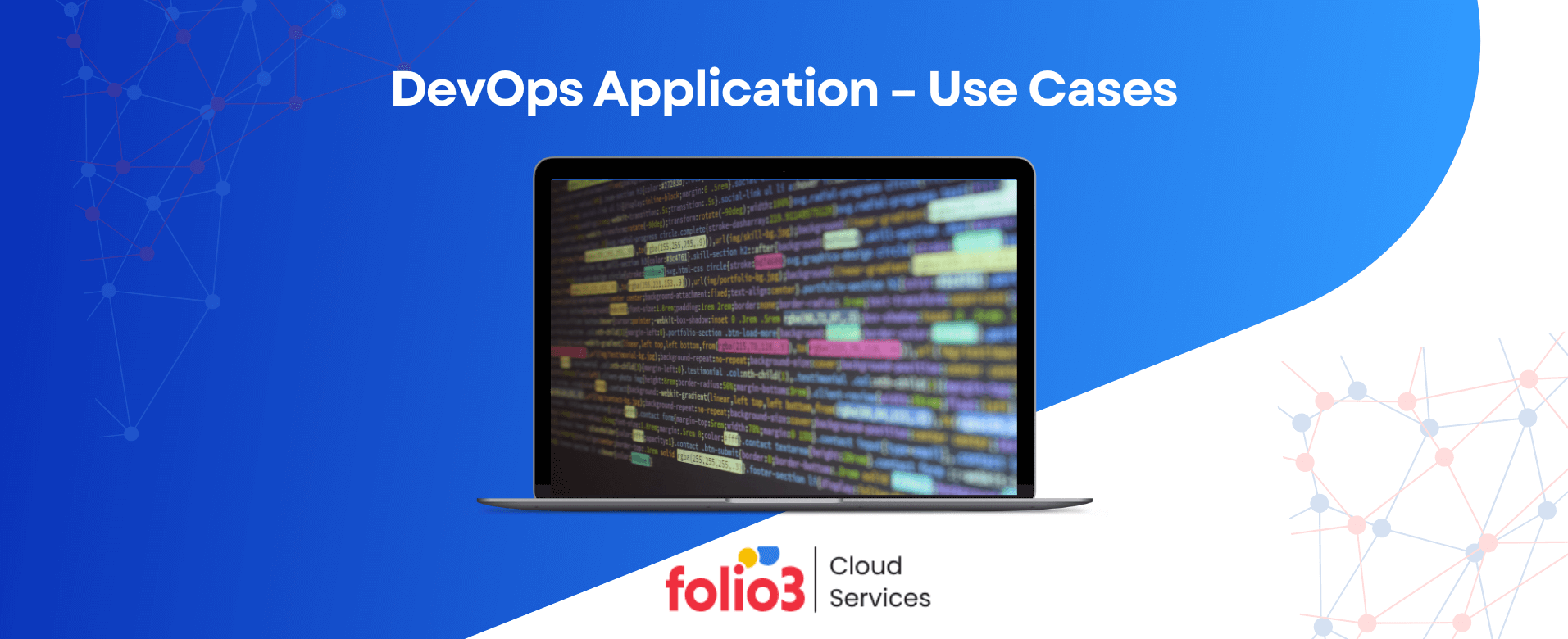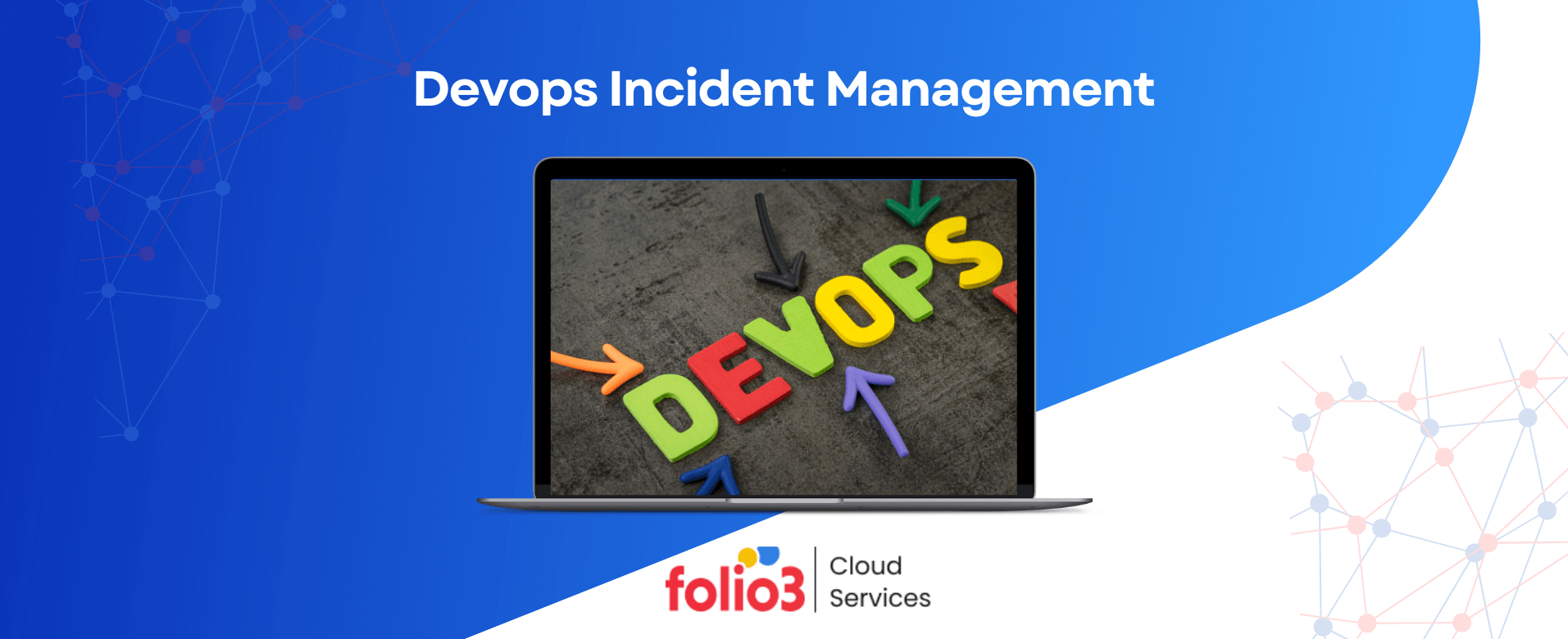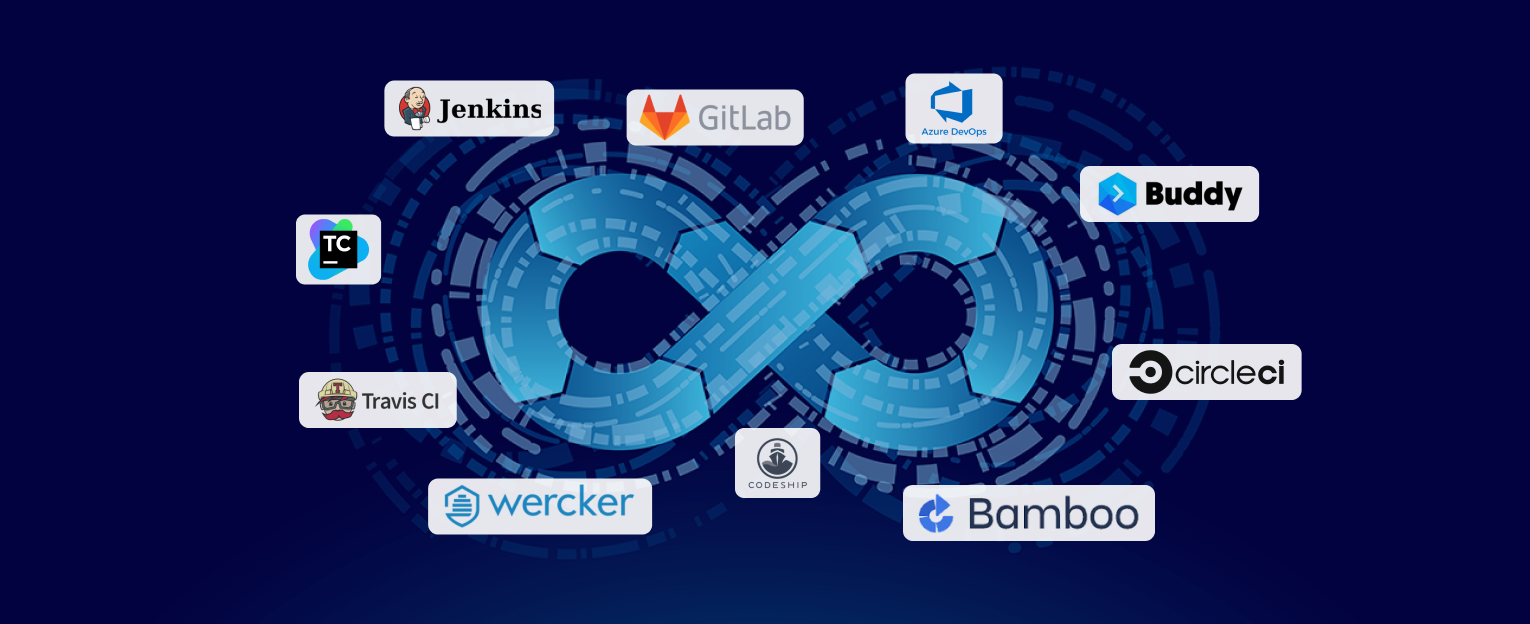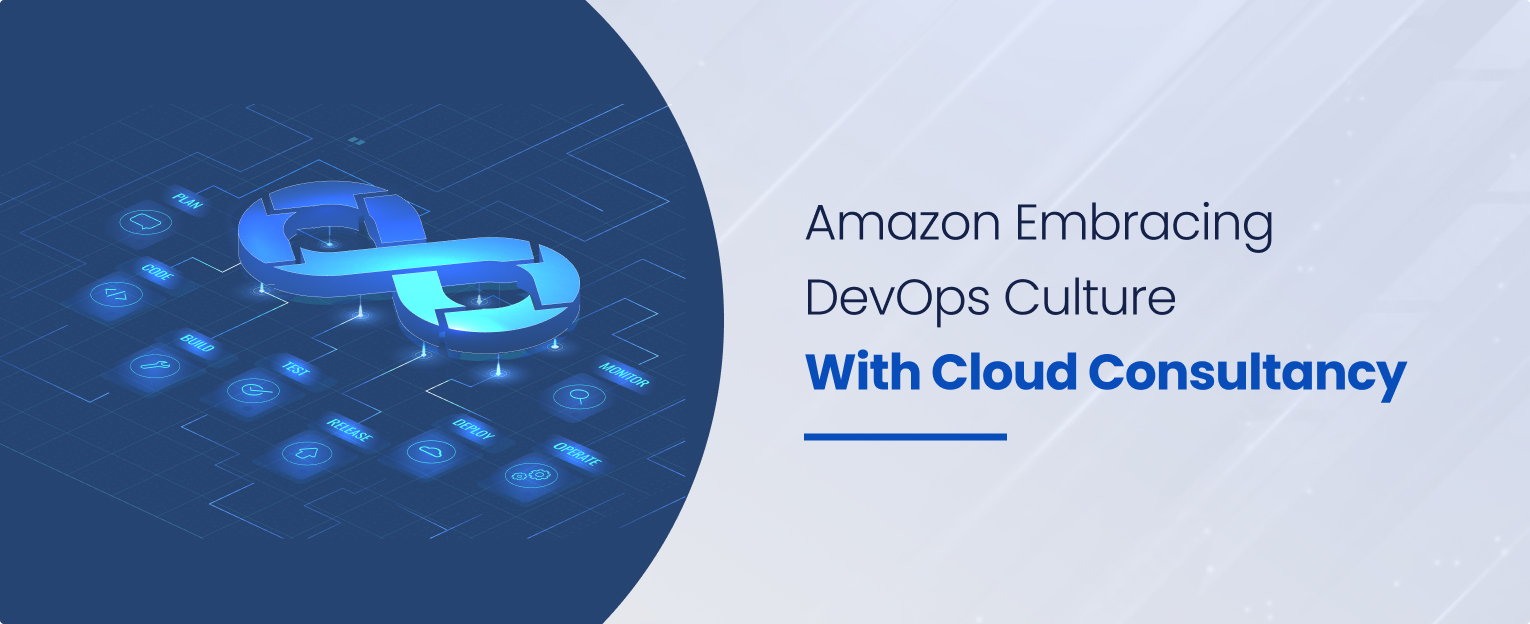Do you know that there were more than 658 breaches in cloud security in 2022 alone? This alarming figure emphasizes the requirement for organizations to exercise caution and be proactive in protecting their cloud-based data.
In this era of digitalization, many companies rely on cloud computing to handle business operations. While cloud computing has many advantages, it presents several security challenges.
This blog will walk you through the most significant security issues in cloud computing to assist you in defending your company from potential cybercrimes. So let’s get started.
What Are the Top 10 Security Issues in Cloud Computing? (2024)
While the cloud provides unmatched ease and scalability, there are certain security concerns involved. Let’s have a look at the 10 of the most significant security issues in cloud computing.
1. Misconfiguration
According to recent research, misconfiguration is responsible for more than half of the cloud security concerns. It is one of the most common security issues in cloud computing. Easy access provided by cloud infrastructure is the major reason behind it. Since the organization may allow access to different parties or employ more than one cloud service provider, access management becomes difficult. It becomes challenging to maintain track of each cloud provider’s security policies. So organizations need to make sure they have the right security measures in place to avoid this problem.
2. Malware Injection
Just the first half of 2022 saw an anticipated 2.8 billion malware attacks, and cloud usage is also a part of these stats. Malware injections are one of the serious data security issues with cloud computing as they pose a threat to cloud services by disguising themselves as legitimate software, making them difficult to detect. They come in the form of codes that give attackers access to private data, allowing them to steal it. Therefore, strong security measures must be implemented to effectively detect and block malware injections, thereby keeping different types of data safe from cybercriminals.
3. Denial-of-Service (DoS) Attacks
Black Friday Sales faced genuine DoS because of lots of traffic but it is often manipulated by the attackers. Every organization faces a major danger from denial-of-service (DoS) attacks because they stop the system and make it unavailable to users. Malicious attackers can exploit system flaws to overwhelm it with traffic or deliver data that forces it to crash – all of which can harm sales and customer relationships. To ensure operational continuity, organizations should consult experts in cloud security to prevent DoS attacks since they must have a thorough understanding of corrective tactics and methods to execute security measures.
4. Unsecured Interfaces or APIs
While cloud networks have become an essential tool for businesses, allowing teams and customers to connect from anywhere, this convenience comes with a downside – it exposes organizations to potential cyber-attacks. Web application firewalls are essential for guaranteeing that all HTTP requests come from genuine traffic since API flaws might provide hackers with a quick access point. By protecting web applications and APIs, you can secure your business operations and avoid costly security breaches.
5. Abuse of Cloud Services
Many companies today rely on cloud services for their massive data storage needs. However, with the great cloud storage capacity, you should stay prepared for new security issues in cloud computing. Both hackers and authorized users can now easily host and distribute malicious software and other digital threats, putting both the cloud provider and its clients at risk. Even well-meaning users may inadvertently breach security protocols, increasing the likelihood of data breaches. To keep sensitive information safe, it’s essential to stay vigilant and implement robust security measures.
6. Insufficient Due Diligence
In addition to technological challenges, the human element can contribute to the security issues in cloud computing. Rushing to switch to many clouds without enough planning might expose a company to security concerns in cloud computing. Businesses managing sensitive information or information governed by laws like FERPA, PCI, PCI-DSS, and PII are particularly vulnerable to this issue. Therefore, before making any major decisions, it is crucial to take the time to prepare and ensure that services match customer expectations.
7. Oversaturation of Tools
You might wish to put in place numerous security measures in light of the many security concerns. However, employing lots of tools can occasionally have the opposite effect and raise the danger of a security breach. If you want to ensure cloud security without making things unnecessarily complicated or challenging to administer, you should strive for a balanced approach to cloud security. You can start with simple security measures, and if you are not aware of the right approach, you can hire a professional for a custom cloud security approach.
8. Restricted Access to Network Operations
There are several advantages to moving your data storage to the cloud, including simple scalability and cost savings. However, it has a serious drawback that prevents visibility into network processes. The degree of control you give to Cloud Service Providers when you entrust them with your IT infrastructure varies based on the service type. Lack of transparency, however, is one of the persistent security issues in cloud computing that can pose a threat to organizations that depend on cloud-based data management.
9. Hijacking of Accounts
As more businesses are relying on the cloud to manage all their operations, there has been an increase in account hijacking, which allows hackers to remotely access critical data using stolen login information. Other methods include using repeated passwords and scripting weaknesses to obtain credentials. AWS cloud was a victim of this security flaw, which exposed the login information of users. Another new way of account hijacking involves stealing tokens that are given to users by websites that allow automatic login.
10. Malicious Insiders
Some of the company’s insiders are often given unlimited access to sensitive information which may be one of the serious security issues in cloud computing. These insiders can include workers, contractors, and those with privileged access. They may undermine the cloud environment on purpose by stealing or altering data or installing malware. Such activities done by malicious insiders can lead to large monetary losses, data breaches, and reputational damage to a company.
What Are The Best Practices For Securing Cloud Infrastructure?
As more businesses turn to cloud-based solutions, it is more important than ever to protect the cloud infrastructure. So, here are some effective practices to prevent any cloud computing security issues.
Secure Access to the Cloud
You should use strong passwords, multi-factor authentication, and encryption to protect your cloud infrastructure from illegal access.
Manage User Access Privileges
It is important to control cloud access by granting privileges on a need-to-know basis. When you regularly review and revoke access, the risk of unauthorized activity is reduced.
Provide Visibility with Employee Monitoring
Keep an eye on logins, data access, and network activities on the employee behavior in your cloud environment to identify and avoid cloud computing security issues.
Monitor Privileged Users
To avoid unauthorized modifications or data breaches, it is important to recognize privileged users who have access to crucial cloud resources and check for any suspicious activity.
How Can Folio3 Solve These Issues?
Are you concerned about your business data security in the cloud? Fear not, as Folio3 has got you covered! We offer reliable cloud services and cutting-edge security features backed by our team of knowledgeable staff. Trust us to secure your cloud infrastructure while you focus on the other important aspects of the business.

Protect Your Business with Custom Cloud Security Solutions
Secure your cloud environment with our tailored solutions. Learn more today.
Conclusion
There are multiple security issues in cloud computing that can be major concerns for your business. However, with the awareness of cloud computing security issues and solutions provided in this article, you can protect your cloud infrastructure.

